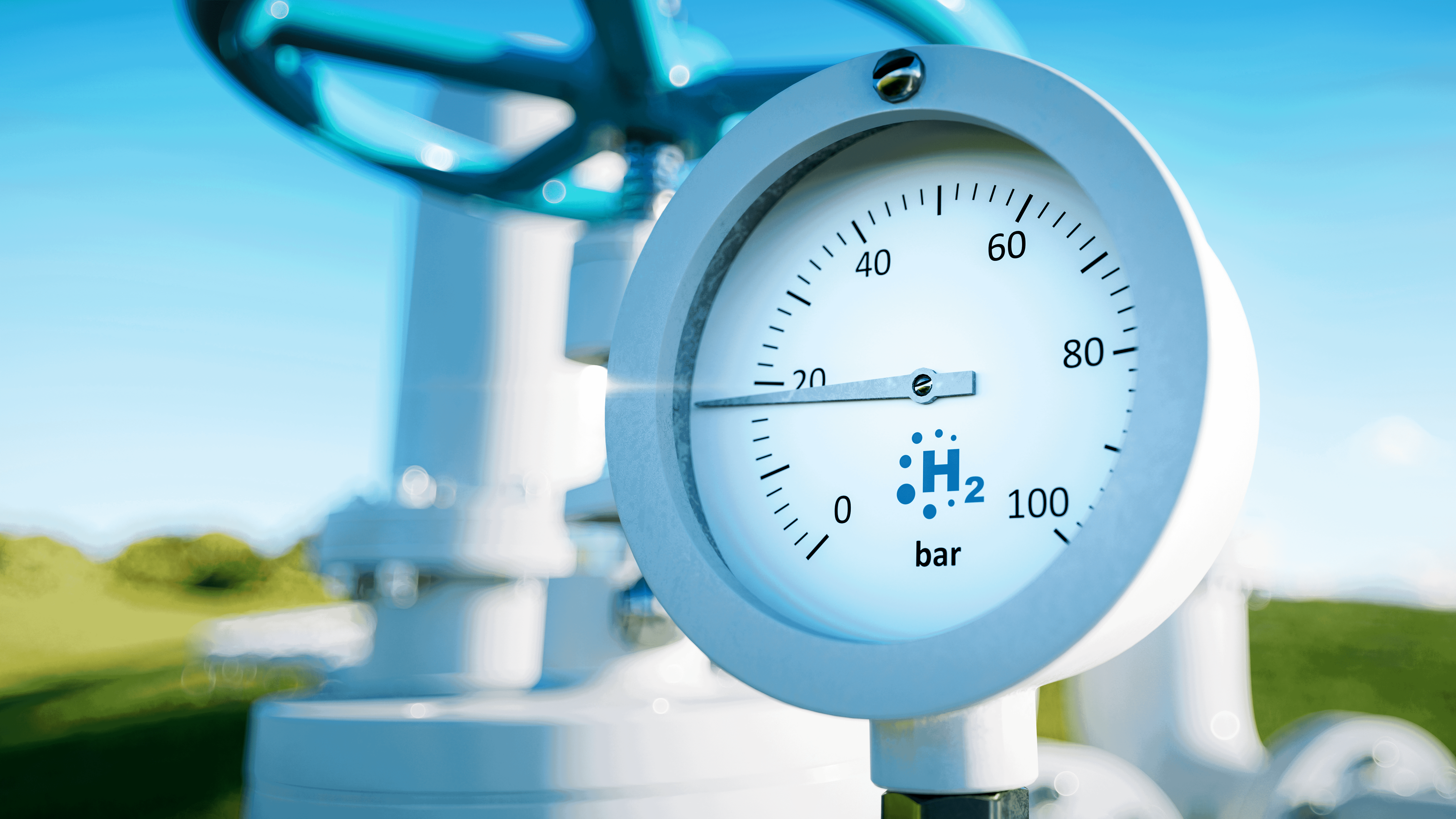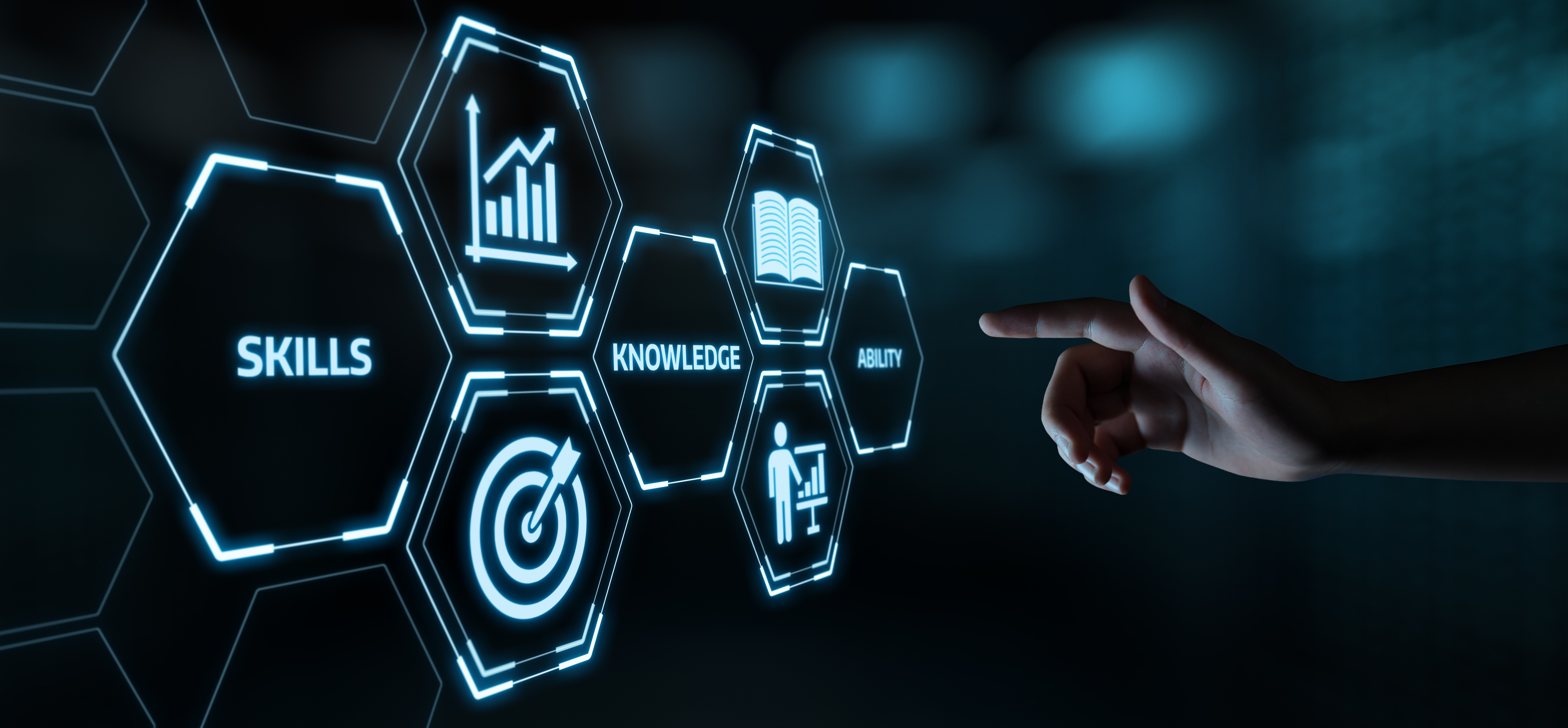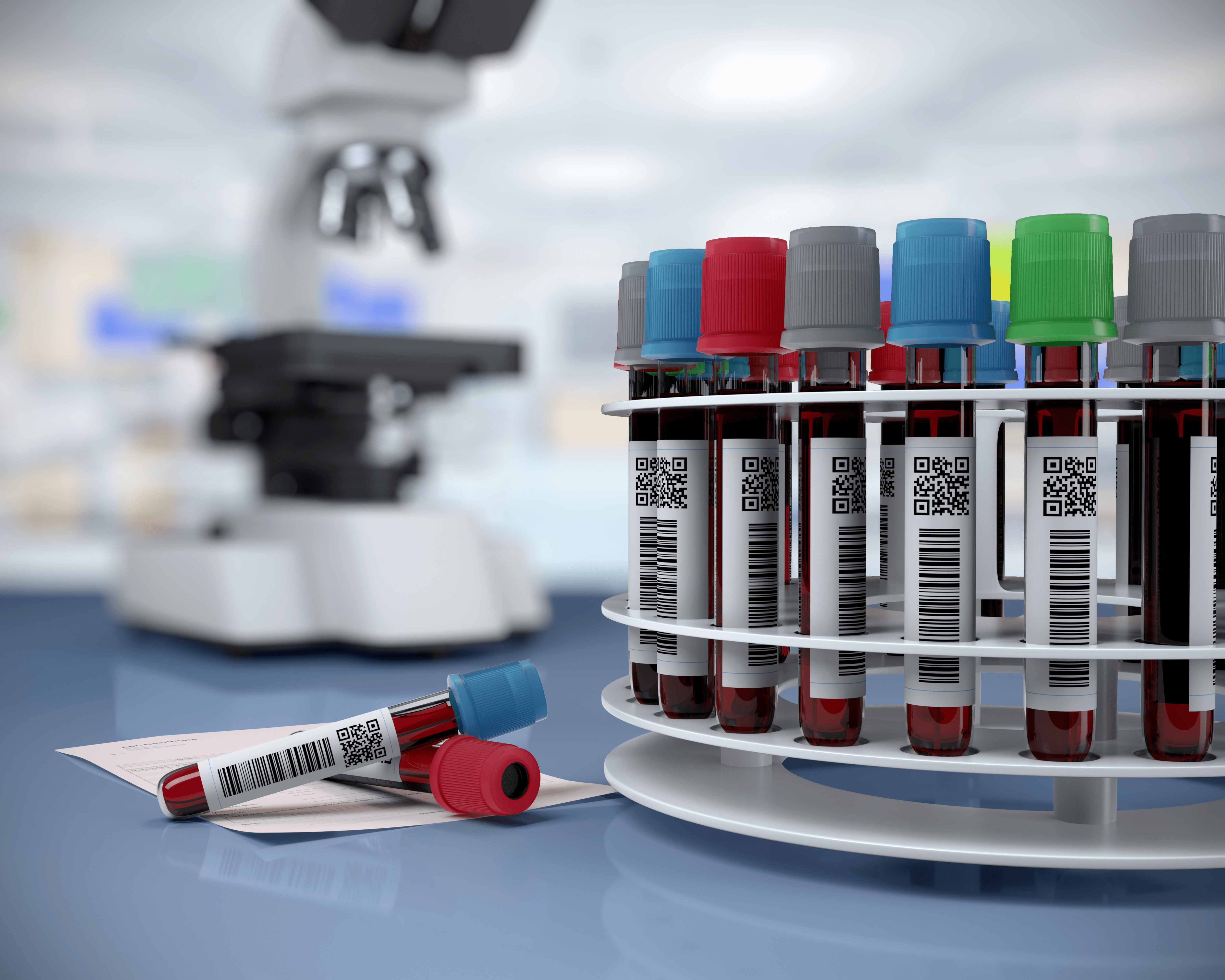The details of the programme is explained and available here. 6 round tables will address the following hot topics (see description hereafter):

Can metrology keep up with the hydrogen revolution?

Metrology in the loop of the circular economy

Industry 4.0: offline to inline measurements

The impact of metrology in the digital transformation: challenges and opportunities

What does it mean to be a metrologist in the 21st century?

Metrology challenges in medical measurements: detection, diagnosis and digitalisation
To pursue the goal of producing zero greenhouse emissions and to address the urgent need of finding alternative fuels to replace the conventional ones, large investments are being made to stimulate the scale-up of low carbon hydrogen production and use.
To enable this energy transition, a measurement infrastructure needs to be in place that accelerates research and innovation, in favour of the hydrogen industry, and that guarantees reliable and comparable measurement data for grid operators, regulatory bodies and users.
The metrological efforts needed to support the hydrogen supply chain for mobility applications, for example for ground transportation, are specifically challenging. Key needs to address cover the development of measurement and standards to analyse the quality of hydrogen for fuel cells vehicles and the provision of traceability for flow metering and the demonstration of compliance with legal metrology requirements for type approval of the Hydrogen Refuelling Stations.
Key points to be discussed:
- Define the use case: “hydrogen supply chain for mobility, from production and compression to transportation, storage and use (e.g. ground transportation)
- Identify the standing metrological challenges of the use case
- Prioritisation of these metrology challenges for the short and long term and needs for joint research and development
⇒ Presenter: Mrs Annarita BALDAN - VSL / The Netherlands
With : Mr Michael DIDERICH - HYDROGEN EUROPE / Belgium
Mrs Martine CARRE - AIR LIQUIDE / France
Mr Etienne Smith - AP2E / France
Mr Revata SENEVIRATNE - TUVSUD / United Kingdom
Mr Tarek BOUDIBA - ENGIE / France
The circular economy is a key concept for the life cycle management of resources. The main objective is to significantly reducing the negative impacts of resources extraction and (re)use on the environment and the human health. As an example “Water” resource, is a vital element of our life. The management of the life cycle of waters (surface waters, drinking water, and ocean) must now respect the European requirements on water. As a result, standardized methodologies are applied and are continuously developed. Metrology, research and standards allows contributing to a better monitoring and use of the water.
Key topics will be discussed:
- What are the related European regulations?
- Which are the impacts on the agro-food chain, on the ecosystems and on our healthcare?
- How Metrology can help for complying with the Water Framework Directive requirements?
- How metrology is a relevant technical and scientific discipline for monitoring endocrine disruptors, drugs, micro-plastics in water?
- How Metrology can support the development of even more accurate methodologies?
⇒ Presenter: Mr Jean-Rémy FILTZ - LNE / France
With: Mrs Paola FISICARO - LNE / France
Mrs Dominique DARMENDRAIL - BRGM / France
Mr Bert van BAVEL - NORWEGIAN INSTITUTE FOR WATER RESEARCH / Norway
Mr Teemu NAYKKI - FINISH ENVIRONMENT INSTITUTE / Finland
Mr Victor MARTIN LOPEZ - CANAL DE ISABEL II / Spain
Mrs Nathalie GUIGUES - AQUAREF / France
Quality-relevant measurements are getting closer to the point of “Process or manufacturing”
Technology advancements, continuous cost pressure combined with challenges for qualified personnel the manufacturing industry measurements already found ways directly to measurements in the shop floor. To further enlarge this approach the round table takes a closer look at what is called “Lab to field” in the process industry with a long history since over 100 years.
The expert table intends to share knowledge and best-practises from both industry segments:
- Analogies and differences in “Manufacturing and Process industry”
- Best practises in manufacturing “measurement to shopfloor”
- “Lab to process” lessons learned and technology outlook
- Off-line to inline and impact on comparability and traceability
- Outlook on what the manufacturing industry could learn from the process
⇒ Presenter: Mr Wolfgang LUBCKE - EX-ENDRESS+HAUSER / Switzerland
With: Mr Michael MAIWALD - BAM / Germany
Mr François HENNEBELLE - UNIVERSITÉ DE BOURGOGNE/ France
Mr Pete LOFTUS - EVALU8ION / United Kingdom
Mr Mohamed EL MANSORI - ENSAM / France
Mr Gilbert Alexander ERDLER - SIEMENS / Germany
Digital technologies have become an essential part of our day-to-day tool set. These digital tools have changed the way we work, communicate and perform businesses rapidly and fundamentally. This digital transformation has led to novel approaches such as remote access and control, cloud infrastructures and artificial intelligence in all areas. Hence, the digital transformation affects and influences the metrology landscape.
At the same time, metrology can itself impact and benefit the digital transformation in economy and society: machine-readable certificates, digital traceability, data quality, remote calibration, and digital reference standards are just some examples.
Key questions for the roundtable will be:
- How will metrological traceability change with digital transformation? What role will it play in digitised industries?
- What are challenges faced by the panelist's organizations in moving forward with digitalisation?
- Reliable and high-quality data is the basis for trust and confidence in AI. What are opportunities for metrology?
⇒ Presenter: Mr Sascha EICHSTAEDT - PTB / Germany
With: Mr Romain COULON - BIPM / France
Mr Ulrich KAISER - ENDRESS+HAUSER / Germany
Mrs Dorothea KNOPF - PTB / Germany
Mr Robert HANISH - NIST / USA
Mr Sami KOSKINEN - BEAMEX / Finland
Mr Franck TARENA - TRESCAL / France
Technological progress without the pertinent measurement capabilities is simply not possible. Thus, metrology as a basic infrastructure of our modern world contributes to the development of technology. On the other hand, new technologies and new trends also affect metrology. Artificial intelligence, machine learning, advanced manufacturing, IoT, the second quantum revolution have a huge potential and are or will be broadly used in technology and adopted by society. It is therefore key to adapt to them whatever your area of expertise. This holds especially for metrology, which is present in most industrial and lab processes.
- What does it mean to be a metrologist in the 21st century?
- What are the future needs of metrologists?
- Which skills are relevant?
This round table will tackle these questions, share some insights and try to give clues how to adapt to these new trends.
⇒ Presenter: Mr Hugo LEHMANN - METAS / Switzerland
With: Mr Jean-Clair BALLOT - IUT / France
Mrs Michèle DESENFANT - LNE / France
Mr François DAUBENFELD - EX-STELLANTIS / France
Mrs Peggy COURTOIS - DELTAMU / France
Mr Tim OSBORNE - AWPT / USA
Mr Daniele MARI - EPFL / Switzerland
The COVID-19 pandemic has shown that the world needs to be better prepared to respond to global health emergencies.
Access to world class care for as many patients as possible relies on faster and more accurate diagnosis. In addition, there is movement away from clinical settings for treatment, and a trend towards access to home-based healthcare. Supporting earlier diagnostics through improved digital infrastructures will provide more effective disease management to increase confidence and reproducibility in diagnosis and treatment.
Measurement infrastructure is needed to accelerate innovation and technological advances that enable to diagnosis, monitoring, treating, curing and prevention of a wide range of diseases and reduce health inequalities. Metrology supports the translation of technologies from the research environment into novel medical devices.
This round table will see several actors from the medical and healthcare industry sharing their views on the role of metrology in medical measurements and the different roles of industry, metrology, regulators and academia.
Key areas to be explored include:
- How do we coordinate to promote the benefits of metrology within medical measurements?
- What challenges will the sector face in future? and where should metrologists be focusing their effort?
⇒ Presenter: Mrs Jennifer CLARKE - NPL / United Kingdom
With: Mr Richard LUXTON - INSTITUTE OF BIOSENSING TECHNOLOGY / United Kingdom
Mr Alex DEXTER - NPL / United Kingdom
Mr Stéphane GUEU - ESSILOR / France
Mr Jan WOLBER - GE HEALTHCARE / United Kingdom
Mr Lionel DREUX - GMED / France
